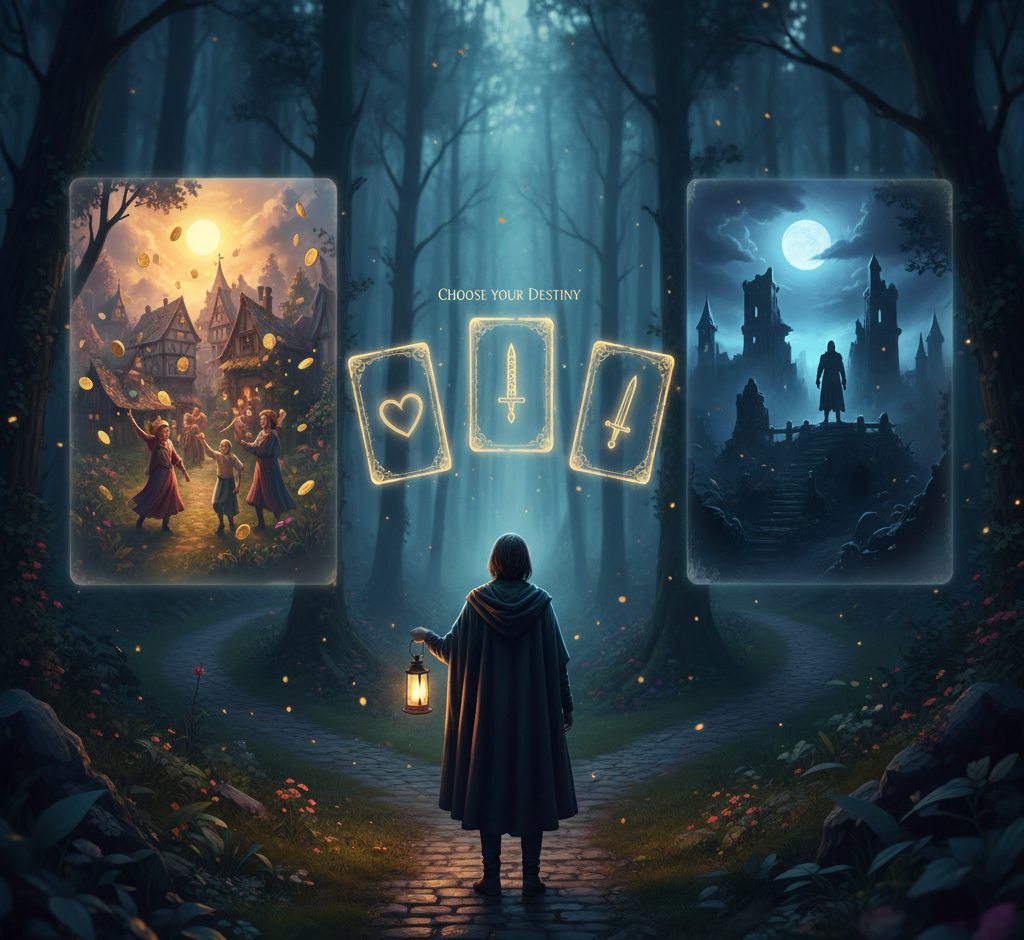We often talk about “immersion,” but what truly creates that feeling of being inside a world, rather than simply looking at it? For us, it’s about identifying those key emotional beats and thematic threads that anchor a story. It’s not necessarily the major plot points, but the quiet, reflective moments—the things readers feel but can’t quite articulate. We’re working on how to distill these profound instants into gameplay mechanics that allow players to not just follow the plot, but truly inhabit the choices and weight of the story.
True immersion isn’t just about high-fidelity graphics or vast open worlds; it’s about connection. It’s the feeling you get when a narrative choice genuinely reflects a moral dilemma you’ve wrestled with, or when a small detail in the game world sparks a memory of the book. At Northern Game Studios, we focus on identifying those specific “moments”—not just events, but feelings, internal conflicts, or atmospheric shifts—that truly define a literary experience.
How do we achieve this? It starts with a forensic reading of the source material. We look for the pauses, the unspoken thoughts, the glances that speak volumes. Then, we ask: how can we empower the player to experience that? This might manifest as a unique card ability that reflects a character’s specific personality trait, a branching narrative path that forces a difficult ethical choice, or environmental storytelling that uses visual and auditory cues to evoke the original text’s atmosphere. It’s about creating interaction that feels meaningful, where the player’s actions have palpable consequences within the narrative arc.
Ultimately, our aim is to move beyond simply presenting a story to the player. We want the player to become a part of the story, to feel the weight of its decisions and the resonance of its themes. By carefully crafting these defining moments of interaction, we hope to build worlds where players don’t just consume a narrative, but truly live within it, forging a deeper, more personal connection with timeless tales.

